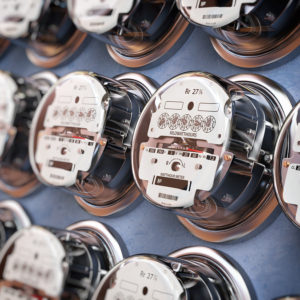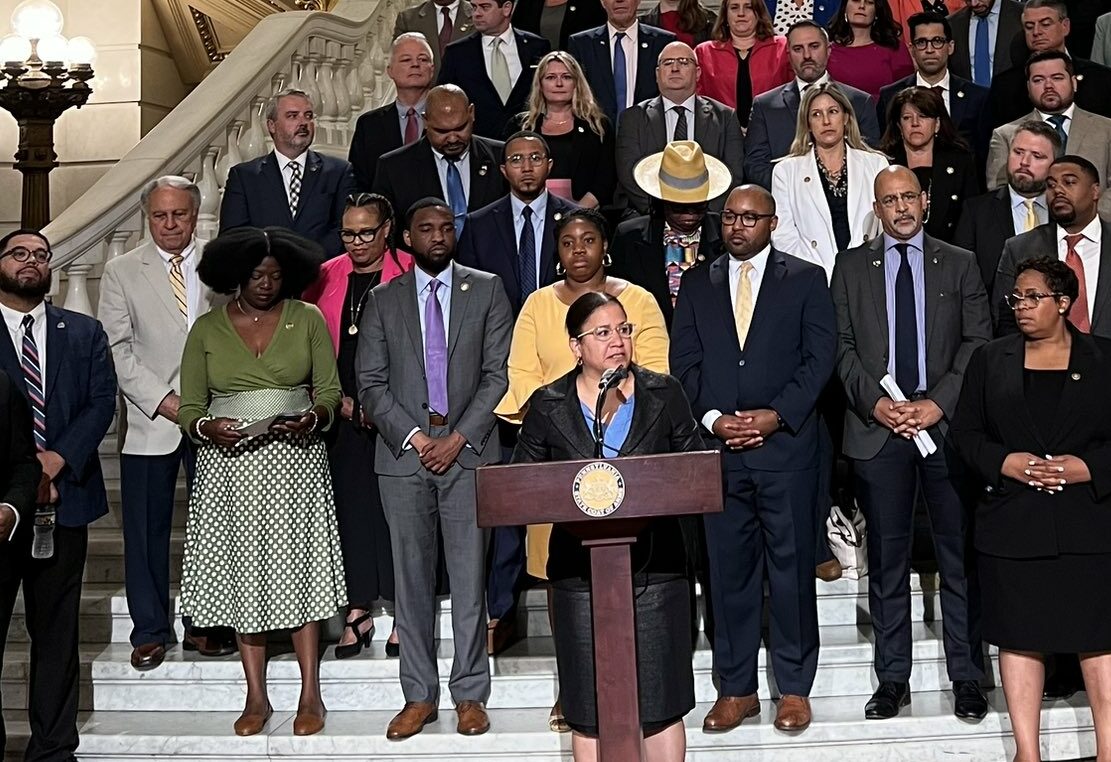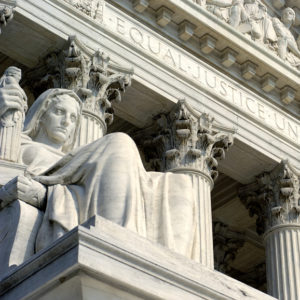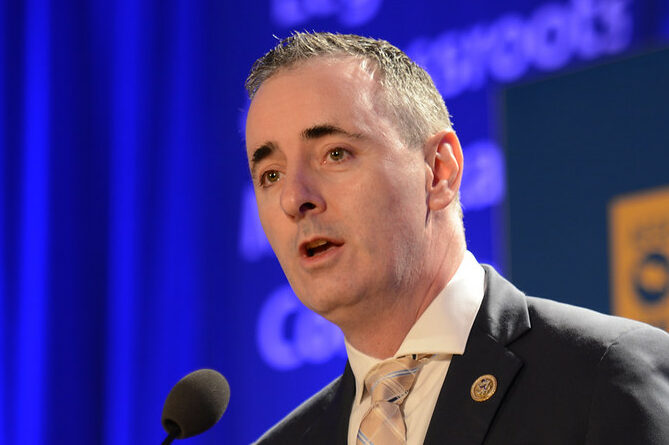Many local parents cheered the U.S. Supreme Court’s 6-3 ruling that parents, not school districts, decide if a child is exposed to controversial content related to sex and gender. In Mahmoud v. Taylor, decided last week, the Court held that the Montgomery County Board of Education’s policy of not allowing Muslim and Christian parents to […]









